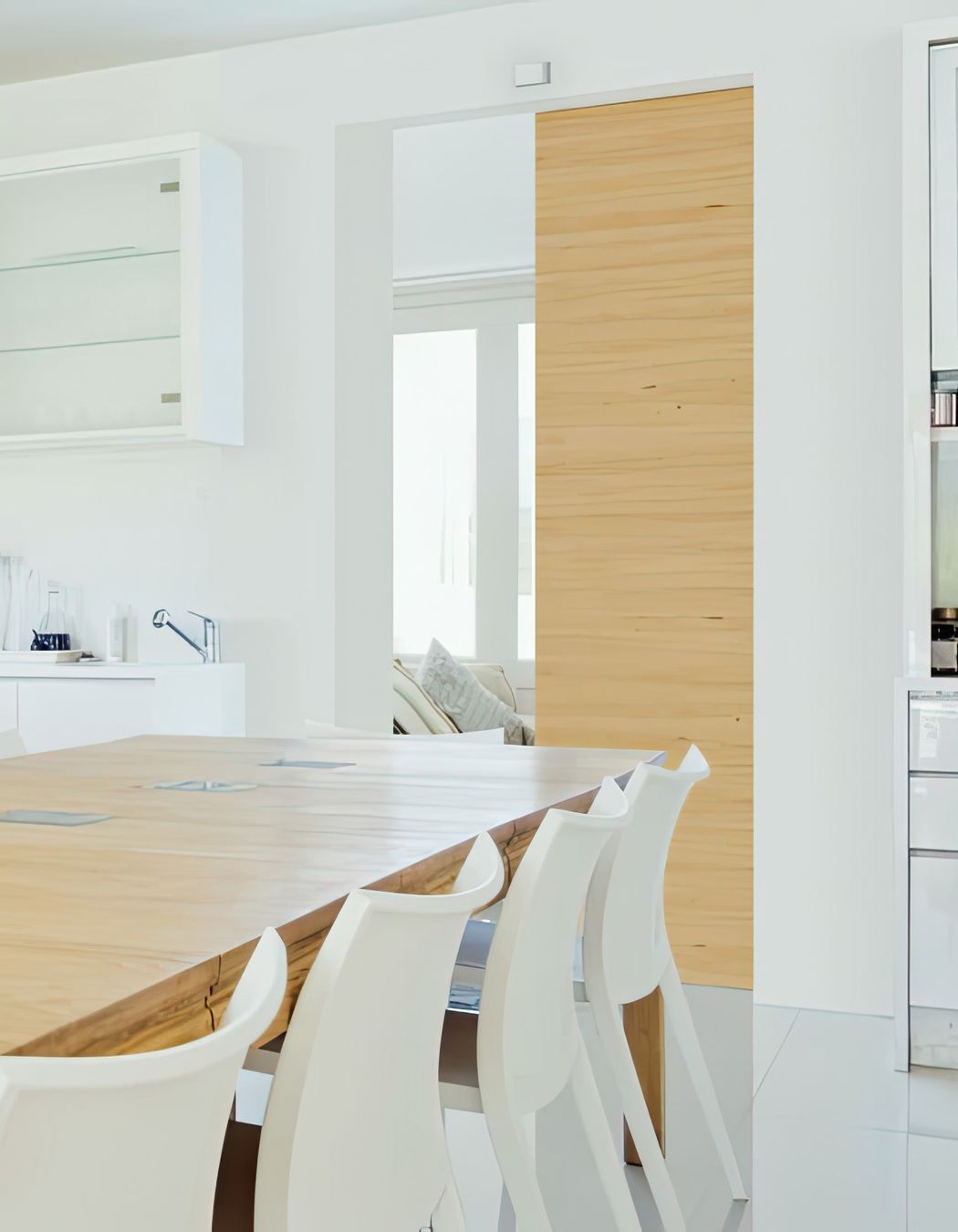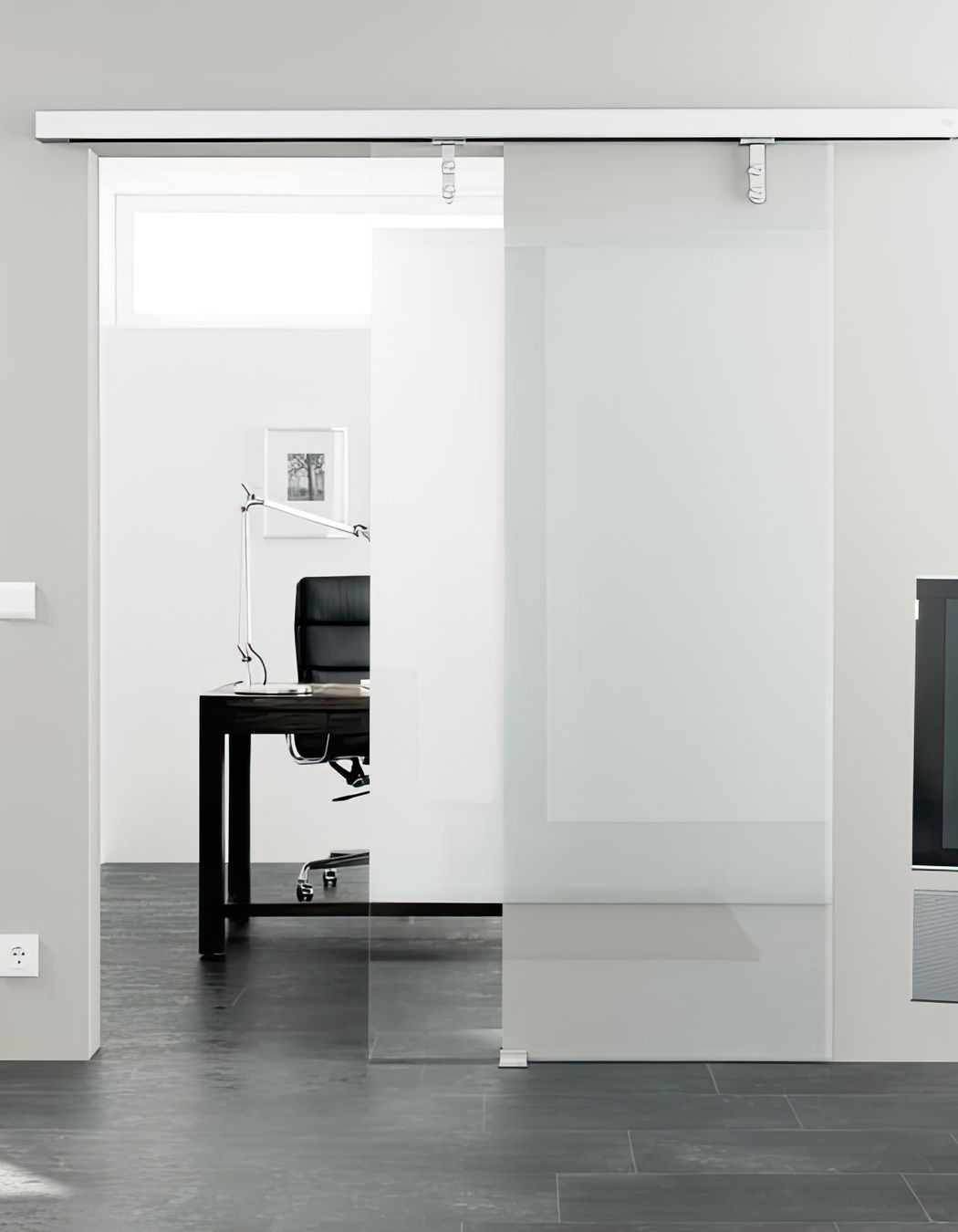Embracing Innovation: The Advantages of Automatic Sliding Doors in Residential and Commercial Design

Incorporating automatic sliding doors into your high-end home, dwelling, or commercial space is an investment in convenience, efficiency, and elegance. This seamless design solution not only enhances the aesthetic appeal of any space but also offers practical benefits that cater to modern lifestyles. Automatic sliding doors are an affordable way to bring a touch of luxury and advanced functionality to your property. From bustling restaurants and cafes where waiters need to move effortlessly with their hands full, to sleek residential homes prioritizing accessibility and style, these doors are revolutionizing interior design.
Types of Applications for Automatic Sliding Doors:
1. Healthcare Settings:
Automatic sliding doors have found a significant place in healthcare design, though not mandated. The advantages they bring to healthcare spaces include:
- Meeting Accessibility Standards: These doors easily fulfill Australian standards around accessibility by offering optimal opening widths and operating at suitable speeds. Their hands-free operation and reduced approach clearances make them highly accessible for individuals with limited mobility.
- Enhancing Hygiene: Automatic sliding doors contribute to creating more hygienic spaces by minimizing points of contact between surfaces and occupants. This is especially crucial in healthcare settings where infection control is paramount.
- Improving Security: With access control systems like card readers and keypads, these doors enhance security in healthcare facilities, restricting access to sensitive areas and providing usage data.
- Convenient Openings: The hands-free operation of these doors facilitates easy movement within healthcare settings, benefiting both patients and staff, particularly when transporting equipment or supplies.
- Reducing Contamination Risks: Automatic sliding doors, with controlled opening speeds, minimize the risk of contaminating isolation rooms and protective environments, crucial for infection control.

2. Residential Spaces:
Automatic pocket door systems are gaining popularity in residential design, offering unique advantages:
- Improved Accessibility: Automatic pocket doors eliminate the need for manual operation, providing convenience for individuals with mobility impairments or those carrying items.
- Enhanced Safety: These doors add an extra layer of safety by automatically closing and opening only for authorized individuals, reducing the risk of accidents.
- Space Efficiency: The combination of pocket doors and automation maximizes usable space by eliminating the swing space required by traditional hinged doors.
- Integration with Smart Home Systems: Automatic pocket doors can seamlessly compliment smart home setups, allowing various activation options including remote control via transmitter or motion-activated detector.
- Luxurious Aesthetics: Considered a modern and sophisticated feature, automatic cavity sliding doors add a touch of luxury to residential spaces, increasing perceived value.

3. Hospitality Settings:
Automatic sliding doors are also an excellent addition to restaurants and cafes, enhancing both functionality and customer experience:
- Ease of Movement for Staff: Waiters and staff members often have their hands full while carrying dishes from the kitchen to the dining area. Automatic sliding doors provide a hands-free solution, allowing them to move seamlessly and efficiently without having to struggle with traditional doors.
- Improved Hygiene: In hospitality settings, maintaining cleanliness is crucial. Automatic doors minimize contact points, reducing the risk of contamination and promoting a more hygienic environment.
- Enhanced Customer Experience: Automatic doors add a touch of modernity and sophistication to any restaurant or café, creating a welcoming atmosphere for customers and enhancing the overall dining experience.
Conclusion:
While automatic interior sliding doors may not be obligatory, their numerous benefits make them a practical and indispensable choice for specific applications. In healthcare settings, they contribute to accessibility, hygiene, security, and efficiency. In residential spaces, automatic pocket doors offer convenience, safety, space efficiency, smart home integration, and a touch of luxury. In hospitality settings, they enhance staff efficiency and improve hygiene, all while elevating the customer experience. As architects and designers embrace these innovative solutions, they pave the way for a future where functionality meets elegance in architectural design.
